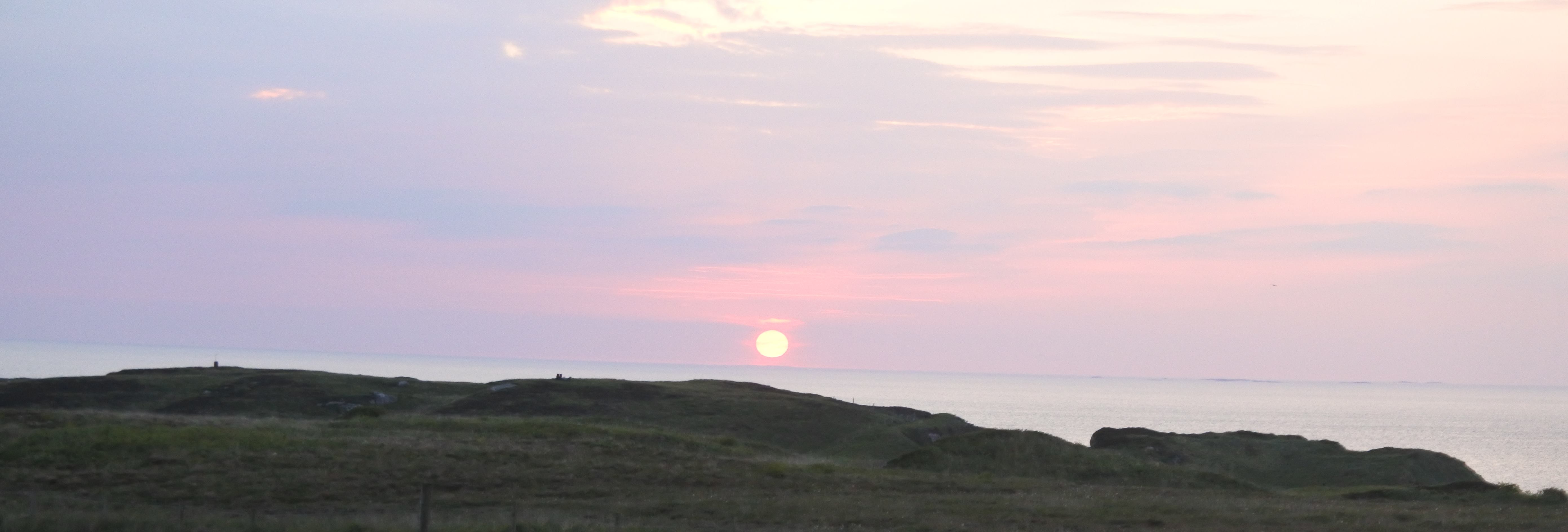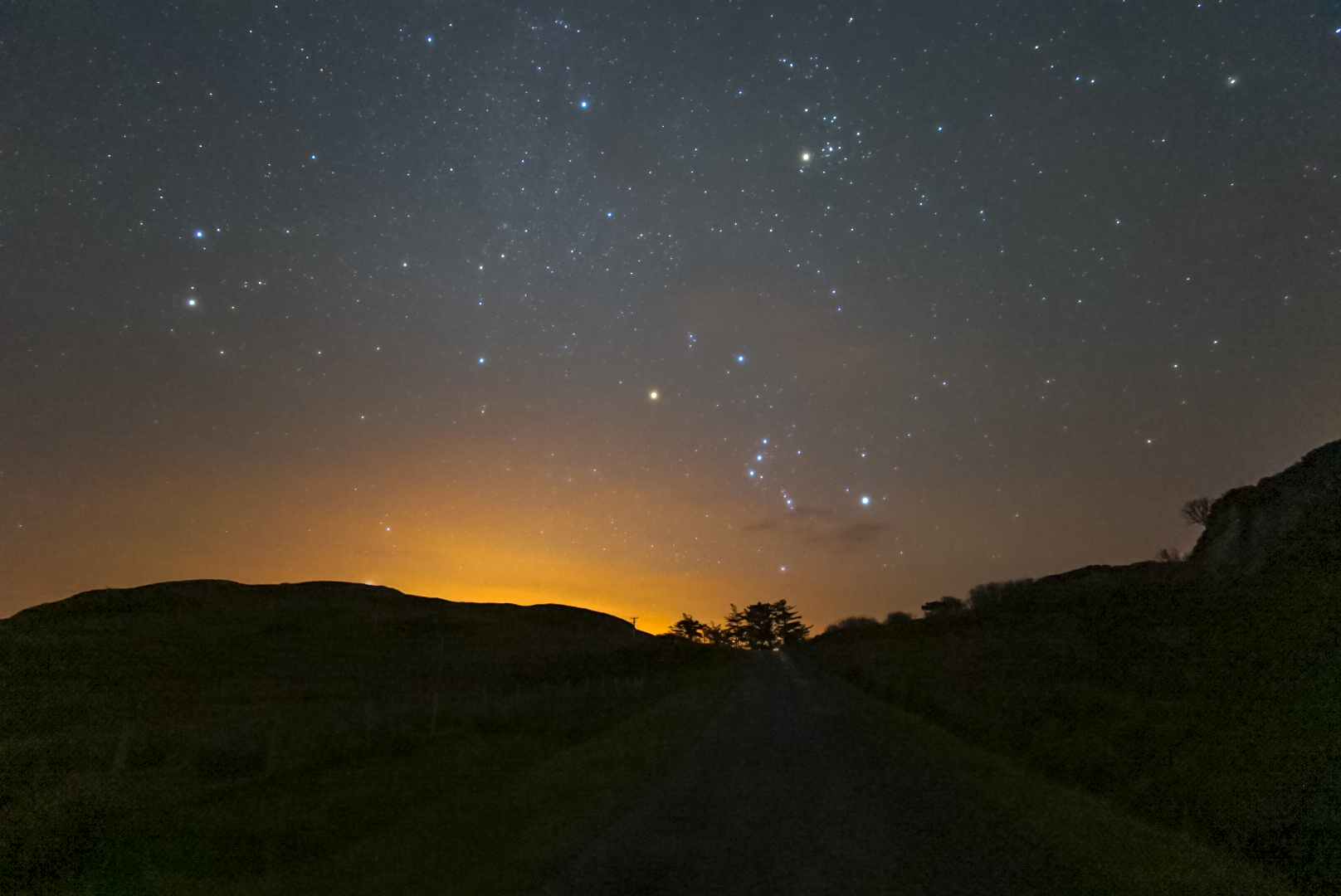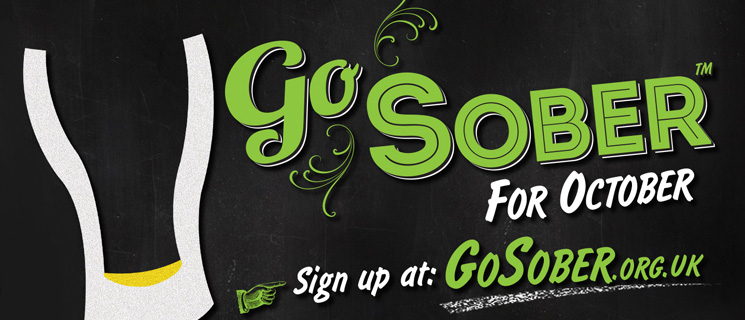
There is, just to the West side of the 18th green of the Isle of Colonsay Golf Course, a large stone lying between many a golfer and a satisfactory finish on the last hole of one of the world’s great machair courses. How to describe it – a nuisance? Out of place? It is neither. It seems the stone is a relic of Gaelic culture – alifting stone no less, or Clach Togalaich that has lain there, or thereabouts, since 1780. Last Month the son of the man who first chronicled it, Peter Martin, came to visit. Also called Peter Martin our recent visitor told the Corncrake: “The Clach Togalaich on Colonsay is unusual and the first thing that is striking is that most of its written history states that it was brought to its present location in 1780. From the many other lifting stones in Scotland, their histories appear to predate this as by 1780, the Clan system was beginning to deteriorate and there was a massive push to Anglicisation, especially within the powers of the Presbyterian Church of the day. In essence, Gaelic culture and ritual was being supplanted with a more British view so just why the Colonsay stone should make an appearance at this time is a bit of a mystery. “My own thoughts are that the stone, the present one, is a “replacement” for a long lost or discarded stone and this is where the location of the present stone is important. “Now the hard part is to get an interest in the stone and have it visited. My late father’s book “Of stones and strength” was in essence a book for the strength enthusiast and short on history and culture, it basically stated here is a stone, now lift it. The book contained information on about 6 or so known traditional stones which I have now through my own research increased to just under one hundred with about a third still extant. My aim is to complete a book on the stones as well as the culture surrounding the lifting of them and this is taking a bit longer than I had anticipated. There are parallels with Irish Gaelic culture and on the Aran islands, predominately Gaelic speaking, stone lifting was still an active past time until the 1980’s. There are references to other lifting stones on the Irish mainland and I do intend to visit soon to complete my research. “Once done, a website will be created that details all the known lifting stones in Scotland, Ireland and Wales which will hopefully encourage visits to far off places such as Colonsay, to tick off a list similar to the “Munros”. There has been an interest in this and I am constantly asked about stone locations by a number of people who want to get ahead of the game so to speak.” Perhaps there is scope for a Colonsay Lifting Stone Festival – if we can find a free date in our festival calendar. As a footnote we should say that Mr Martin also took the opportunity whilst on Colonsay of visiting John Bridges, who is, we learn, the proud owner of a famous Aberdeenshire Lifting stone.
You May Also Like...
Recent Posts

The Front Page – July 2018
Though the not-quite-a-drought time eventually ended, summer did not part, as it might have done,...

The Front Page – June 2018
The warm dry spell that spread across the whole country in late spring and extended...

The Front Page – May 2018
Spring came late this year, but by May calving and lambing were well underway on...


